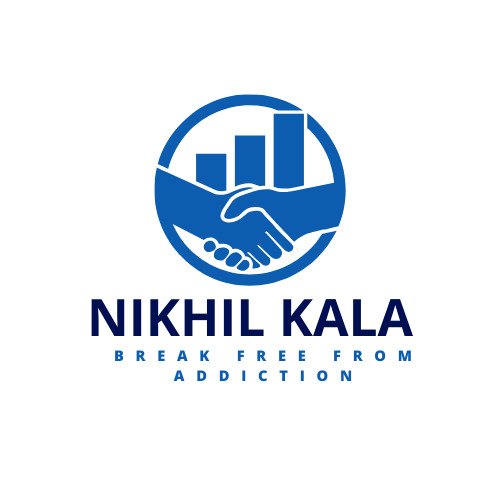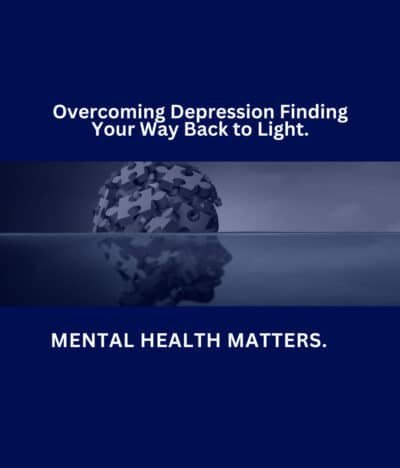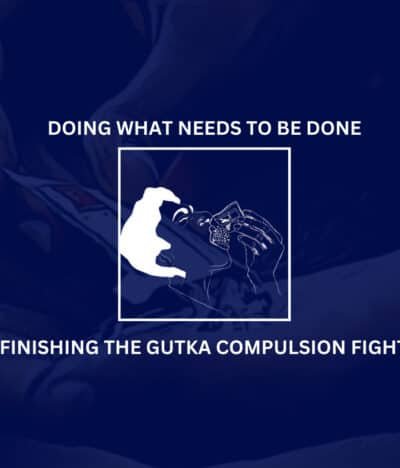The way to recuperation from dependence is frequently portrayed by exciting bends in the road, impediments and wins, difficulties and triumphs. It is an excursion set apart by fortitude, flexibility, and unflinching assurance — an excursion that leads people from the holds of fixation towards an existence of well-being, satisfaction, and opportunity. In this blog entry, we set out on an investigation of the way to recuperation, offering bits of knowledge, direction, and consolation to those exploring this difficult yet remunerating venture.
The initial step on the way to recuperation is recognizing the truth of habit — a stage that requires mental fortitude, modesty, and mindfulness. Whether it’s tobacco, smoking, liquor, or gutka, dependence can take many structures, each with its arrangement of difficulties and intricacies. By perceiving the effect of enslavement on one’s life and the people around them, people can start to take responsibility for venture towards recuperating and change.
Nobody ought to need to walk the way to recuperation alone. Looking for help and direction from companions, family, support gatherings, or medical care experts can give priceless consolation, responsibility, and assets en route. Whether it’s going to treatment meetings, taking part in bunch gatherings, or trusting in a believed friend, encircling oneself with a strong organization can have a significant effect in exploring the difficulties of recuperation.
Recuperation from fixation frequently includes defying triggers, desires, and allurements head-on. Creating methods for dealing with especially difficult times to deal with these difficulties is fundamental for long-haul achievement. Whether it’s rehearsing care and stress-decrease methods, taking part in solid exercises and leisure activities, or figuring out how to distinguish and keep away from high-risk circumstances, people can engage themselves to explore the promising and less promising times of recuperation with versatility and beauty.
Recuperation from compulsion is not a straight cycle — it is an excursion loaded up with promising and less promising times, triumphs and misfortunes. En route, it’s essential to rehearse self-empathy and pardoning, perceiving that backslides and botches are a characteristic piece of the recuperating system. By treating oneself with generosity, understanding, and pardoning, people can develop a healthy identity worth and strength that fills in as an establishment for enduring recuperation.
Each step followed on the way to recuperation is an achievement worth commending — a demonstration of one’s solidarity, boldness, and assurance to defeat fixation and embrace a better, seriously satisfying life. Whether it’s denoting a day, seven days, a month, or an extended time of restraint, every achievement fills in as a sign of the headway made and the conceivable outcomes that lie ahead. By commenting on these triumphs, people can reaffirm their obligation to recuperation and motivate trust in others confronting comparative difficulties.
Conclusion
The way to recuperate from a habit is an excursion of self-revelation, development, and change — an excursion that leads people from the holds of enslavement towards an existence of well-being, satisfaction, and opportunity. By recognizing the truth of enslavement, looking for help and direction, creating survival techniques, embracing self-empathy and absolution, and praising achievements and triumphs en route, people can explore the difficulties of recuperation with boldness, flexibility, and elegance. Regardless of how troublesome the excursion might be, recall that you are in good company. Sincerely, support, and a readiness to embrace change, the way to recuperation is yours to explore, with care.





